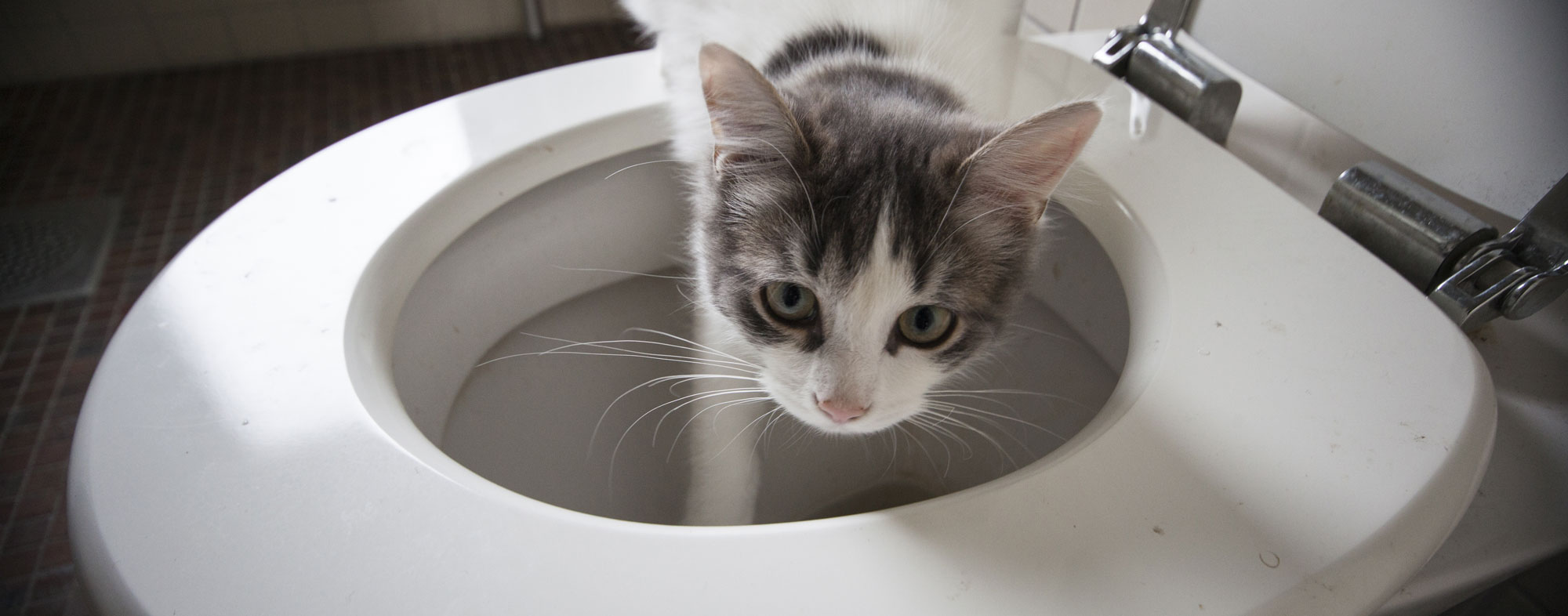What're your opinions regarding Should you flush animal waste down the toilet?

When it involves getting rid of waste, especially animal waste, many individuals often resort to the practical choice of flushing it down the toilet. Nonetheless, this relatively easy remedy can have serious effects for the environment and public health. In this short article, we'll explore why flushing pet waste down the toilet is a bad concept and provide alternative approaches for correct disposal.
Intro
Proper waste disposal is essential for maintaining environmental sustainability and public health. While it may seem safe to flush animal waste down the toilet, it can lead to various concerns, both for the setting and human wellness.
Risks of flushing animal waste
Ecological influence
Flushing animal waste presents damaging bacteria and virus into waterways, which can negatively influence water ecological communities. These pathogens can pollute water resources and damage aquatic life, interfering with delicate ecosystems.
Public health concerns
Animal waste contains hazardous bacteria such as E. coli and Salmonella, which can position severe health dangers to human beings. Purging pet waste down the toilet can infect water supplies, bring about the spread of diseases and infections.
Alternatives to flushing
Instead of flushing animal waste down the toilet, there are a number of alternate disposal techniques that are much more environmentally friendly and hygienic.
Composting
Composting animal waste is a green means to throw away it. By composting, raw material is broken down into nutrient-rich dirt, which can be utilized to feed gardens and plants.
Garbage dump disposal
Throwing away pet waste in a land fill is an additional alternative. While not as eco-friendly as composting, it is a safer choice to flushing, as it avoids the contamination of water resources.
Pet dog waste disposal systems
There are specialized family pet garbage disposal systems readily available that securely and hygienically deal with animal waste. These systems commonly utilize enzymes to break down waste and get rid of odors.
Steps to appropriate pet waste disposal
To guarantee appropriate disposal of animal waste, follow these actions:
Scooping and getting waste
Consistently scoop and bag animal waste utilizing biodegradable bags. This protects against waste from polluting the environment.
Making use of assigned waste bins
Dispose of bagged pet waste in assigned waste containers, such as garden compost containers or land fill containers. Prevent flushing it down the bathroom in all prices.
Cleaning litter boxes and pet dog locations consistently
On a regular basis tidy can and animal areas to avoid the accumulation of waste and germs. Use pet-safe cleansing items to maintain health.
Advantages of appropriate disposal techniques
Taking on correct disposal techniques for animal waste supplies a number of benefits:
Decreased environmental pollution
Correct disposal methods lower the threat of environmental pollution, protecting rivers and communities from contamination
Lessened threat of water contamination.
By staying clear of flushing animal waste down the commode, the risk of water contamination is dramatically reduced, safeguarding public health.
Enhanced sanitation and health
Proper disposal techniques promote better sanitation and hygiene, creating a safer environment for both human beings and animals.
Conclusion
Finally, flushing animal waste down the bathroom is harmful to the atmosphere and public health. By embracing different disposal approaches and following appropriate waste management techniques, we can reduce the adverse influence of animal waste and contribute to a cleaner, healthier planet.
What To Do With Dog Poo – The Do's And Don'ts Of Disposing Of Faeces
Dog poo bins
Some councils provide dedicated dog waste bins in popular dog-walking areas that can take dog poo that has been bagged but you can legally dispose of dog waste in any public litter bin, as long as it is securely bagged. This also applies to your wheelie bin at home.
Do not flush
Water companies do not recommend flushing dog faeces down the toilet because certain parasites can survive the water processing treatment and are potentially harmful to humans. You should also never consider flushing dog poo that has been bagged down the toilet as the bags will not break down and instead create severe blockages in the sewage system.
In the woods
The Forestry Commission promotes a ‘stick and flick’ method for dealing with waste in the woods. This means finding a stick and using it to flick any poo from off the path so that it is out of the way of other walkers. You could also bury it as long as it is not in an area where there might be livestock.
Livestock
Parasites found in dog poo can be transmitted to livestock if they inadvertently eat infected faeces that has been left on grazing land. This could result in the death of sheep or abortion in cattle so you should always make sure you pick up your dog’s waste in fields where livestock could be present.

As an enthusiastic reader about Why you should never flush dog poop down the toilet, I imagined sharing that information was essential. Enjoyed reading our piece? Please share it. Let someone else check it out. We treasure reading our article about .
Call Today